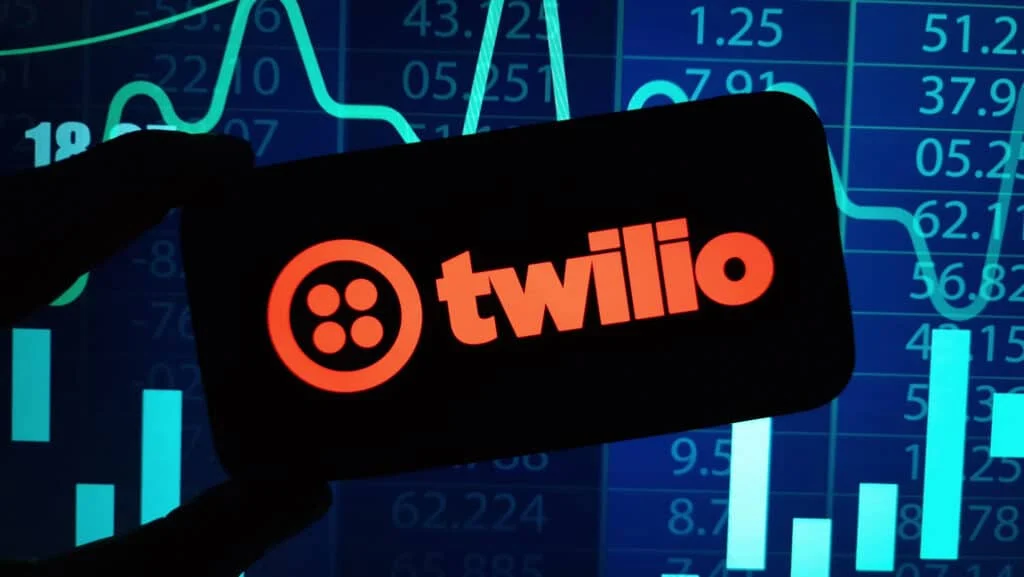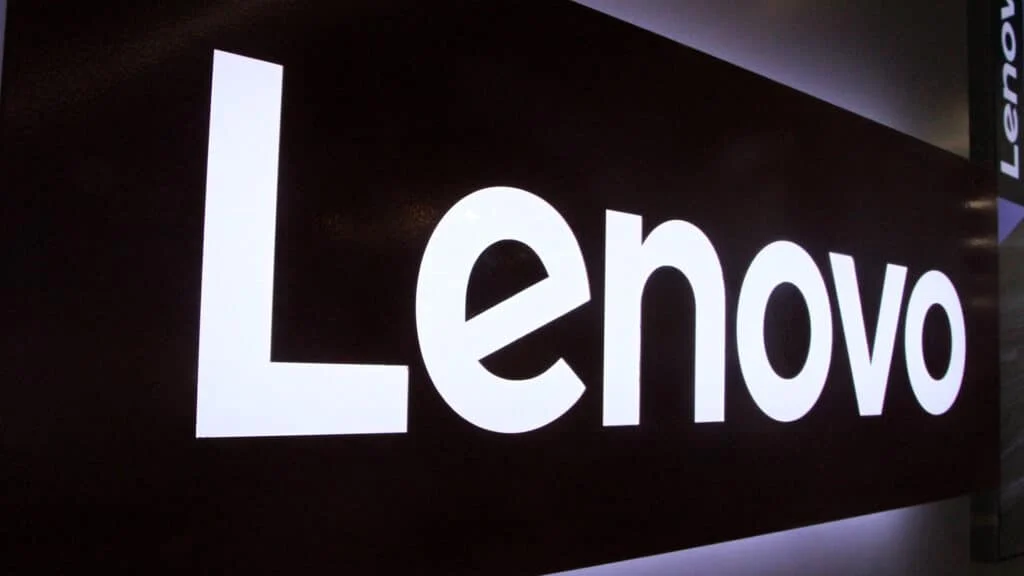The Six Five team discusses Google Kills Endless Scroll.
If you are interested in watching the full episode you can check it out here.
Disclaimer: The Six Five Webcast is for information and entertainment purposes only. Over the course of this webcast, we may talk about companies that are publicly traded and we may even reference that fact and their equity share price, but please do not take anything that we say as a recommendation about what you should do with your investment dollars. We are not investment advisors and we ask that you do not treat us as such.
Transcript:
Patrick Moorhead: Everybody knows how to do Google search, and you can just go down, down, down probably for 25 years you could keep scrolling down. Dan, why does this even matter? Why is this even a topic?
Daniel Newman: Yeah. Well, listen, I often use what the media’s inquiring about to understand what people care about, because they’ve got a really good gauge for that and they’re obviously trying to drive a ton of clicks and demand. And so NPR had reached out to me and asked me for some comments about this. And at first, by the way, first blush I was like you, I was like, “Who cares? Whatever, it’s a feature.” But here’s the interesting thing, it was only a couple of years ago that this endless scroll came. Because you remember you used to get to the end, unless you chose the endless scroll capability, you would search and you’d go to page two, and to page three, and to page four. And at first it was a mobile thing, on a mobile device, who wants to pick the next page? It’s hard to click next button, you just want to get the next results.
And obviously, as you know, Google uses an algorithm to try to determine the best results and put them at the top of the page. And if you remember, Pat, we use the term when we talk about client, and edge and computing, we talk about the accordion of everything gets centralized, everything gets decentralized, everything gets centralized. Well, if you remember in the web era there was what was called the fold, and they were always about what shows up about your site or about whatever company that’s above the fold. Basically open up the site, what do you see? Well, the endless scroll was in an era where websites were scrolled, and searches were scrolled, and social media was scrolled. When you’re looking at your Twitter account, your Instagram account, you’re scrolling, you’re scrolling, you’re scrolling. So when you start to tie this back together to the behavior that we’ve been trained over the last decade plus with social media and how we interact, can you imagine getting to the end of your page of Facebook posts and they say, “Click to the next page.”
I mean, that’s back to the MySpace era, maybe, if that even existed. So they’re going to sunset this feature. And so I instantly, as an analyst, when I was done setting my NVIDIA price targets, I started thinking about why this was going on. And Pat, the reason this is important is Google has hit the inflection where they’re ready to retrain our brains for the next era of search. This is the moment, people. The end of endless scroll is the beginning of the abstract period in which Google is going to dictate on the fold which results we care about through an algorithm powered by a large language model, where they’re going to be deterministically choosing sources, summarizing the inputs, and basically giving us less and less access to do self-determination, and more and more algorithmic and model driven search results to move people in this direction.
Second thing here of note and of importance, is we’re also about to enter a new era of monetization for search. The old way that Google made money, and by the way it makes most of its money, is through where people click, where you place ads and how you interact. Well, when you summarize stuff, it reduces the urgency for ads, it’s going to create a new sort of population model of how we decide what gets displayed, and then what people are going to click onto when they can book an entire trip and get all their insights without having to go onto a price line or instantly. And by the way, it’s going to also change an era of content creators, where we still have this whole sort of content ownership debate that’s going to go on, is who’s the creators? Who owns content? Who has rights to content? How are they compensated?
Because all these large language models that are giving us all this value require people like Pat Moorhead writing amazing insights on X or on his website, that they need to be able to then scrape so that they can get an answer that is going to be considered the highest quality that then summarizes on a page. So the end of endless scroll is not that important in itself, but what it means about the future of how we’re going to interact with search and interact with data on the internet, Google is turning the page, the future is here.
Patrick Moorhead: Yeah, Google’s an interesting… And I want to separate the business side or the enterprise side of the business, just talking about the consumer side, it is an advertising beast. And if you think about that, the basis of that has been all about Google search, obviously YouTube is a huge driver. But you’ve got a $250 billion business here with super high profits, and generative AI comes in and potentially it could be a complete disruptor. I actually start most of my searches now on generative AI, whether it’s Perplexity or… And I’m not starting with Google that much. And if you think about that, you can’t just throw a technology that is 10 X more expensive and call it a day, ceteris paribus, all things equal, your expenses go up 10%, and that would be cataclysmic to Google’s profit. So they have to very carefully… They’re not a startup. Perplexity and OpenAI are losing billions, or OpenAI is losing billions, Perplexity is probably losing hundreds of millions.
And so Google has to look at this very carefully how they integrate this in. LLMs are not the answer to everything, machine learning or standard index search could be the right way that’s dramatically cheaper. So on the hardware side, you have the TPU, which is their own homegrown silicon, an infrastructure to be able to shoulder as many of these machine learning and generative AI capabilities at a much lower cost. And then they have to integrate generative AI into the search results in a way that doesn’t break the company. And they don’t want to over-provide or over-serve the market when you’re doing something that could be better served. And then you got to figure out how you layer in the content providers, because you can’t piss them off, otherwise they’re going to block your robot.txt scraper.
So yeah, a lot of moving things going on here. It has been nice to see on a classic Google search the… I think they’re called AI snapshots or something like that, and they’re doing reasonably well. I mean, I’ve been disappointed with Gemini on earnings data, it’s been wrong the last couple of quarters, it took about 12 hours for the system to catch up. And the bizarre part, again, that’s Google metering the way that it’s using it here. But anyways, good analysis, I feel like we have drained this topic for all its worth.
Daniel Newman: That’s what we do, we give the best analysis, Pat. And by the way, that content thing, I don’t know if you saw, but TIME and OpenAI… OpenAI Did a deal yesterday they announced. So we are going to see more of these content deals, because it has to happen if this search model is going to change.
Author Information
Daniel is the CEO of The Futurum Group. Living his life at the intersection of people and technology, Daniel works with the world’s largest technology brands exploring Digital Transformation and how it is influencing the enterprise.
From the leading edge of AI to global technology policy, Daniel makes the connections between business, people and tech that are required for companies to benefit most from their technology investments. Daniel is a top 5 globally ranked industry analyst and his ideas are regularly cited or shared in television appearances by CNBC, Bloomberg, Wall Street Journal and hundreds of other sites around the world.
A 7x Best-Selling Author including his most recent book “Human/Machine.” Daniel is also a Forbes and MarketWatch (Dow Jones) contributor.
An MBA and Former Graduate Adjunct Faculty, Daniel is an Austin Texas transplant after 40 years in Chicago. His speaking takes him around the world each year as he shares his vision of the role technology will play in our future.







